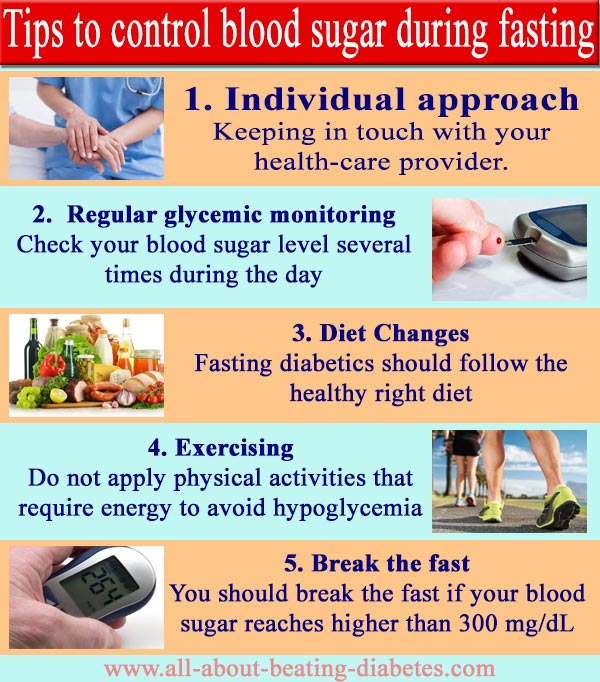- Home
- Causes of Diabetes Info
- learn about type 1 diabetes cause
- Information on Diabetes Mellitus
Information on Diabetes Mellitus
Looking for comprehensive information on diabetes mellitus?
You've come to the right place.
Here, we cover everything you need to know about the causes, symptoms, and complications of this condition, and provide a complete guide to help you quickly understand the basics of diabetes.
Let's start with the most common question:
What is diabetes mellitus?
It's a condition in which the body is unable to properly use sugar, or glucose, as an energy source.
Normally, cells in the body use glucose to survive, but when blood sugar levels rise above 140 mg/dL or fall below 50 mg/dL, complications can arise.
Hyperglycemia, or high blood sugar levels, can lead to the unusual body condition known as diabetes mellitus.
So why does this happen?
What are the reasons why Diabetes happens?
There are two primary reasons. First, the body may not produce enough insulin to lower blood sugar levels.
Alternatively, cells may not respond properly to insulin orders, preventing them from using sugar for their needs.
This leads to a buildup of sugar in the bloodstream and the development of hyperglycemia and diabetes mellitus.
Where does sugar come from?
Sugar is a vital source of energy for the body, but it can come from two primary sources: the food we eat and the body itself.
Although glucose is the most important source of energy for the brain, other sugars like galactose or fructose can be used in emergencies or when experiencing hypoglycemia while taking oral drugs or insulin.
Recognizing the warning signs of diabetes can help prevent complications, which can be severe.
Although there is no cure for diabetes mellitus, there are several ways to manage it.
Maintaining a healthy diet free of sugary foods, quitting smoking and drinking alcohol, losing weight, and using nutritional supplements like bitter melon juice, cinnamon, vitamin C, or chromium can all help manage the condition.
Simple exercise programs like walking or yoga can also be helpful.
|
Written by Dr.Albana Greca Sejdini, Md, MMedSc Medically reviewed by Dr.Ruden Cakoni, MD, Endocrinologist |
Last reviewed 03/08/2023 |
References:
References:
- American Diabetes Association: https://www.diabetes.org/
- Centers for Disease Control and Prevention:
- National Institute of Diabetes and Digestive and Kidney Diseases: https://www.niddk.nih.gov/health-information/diabetes
- Mayo Clinic: https://www.mayoclinic.org/diseases-conditions/diabetes/symptoms-causes/syc-20371444
- American Association of Diabetes Educators: https://www.diabeteseducator.org/American Dietetic Association: https://www.eatright.org/American Heart Association: https://www.heart.org/American Association of Clinical Endocrinologists: https://www.aace.com/
Diabetes complications Questions or Problems? Get Help Here
This is the place where you can ask a question about any aspect of diabetes complications.
It's free and it's easy to do. Just fill in the form below, then click on "Submit Your Question".


